Published:2024-10-08 15:50:24Source:JuxiaAuthor:Juxia
Toxicity in fan culture is at an all-time high, manifesting in various ways that reflect deep-seated anger and prejudice. Gamers express outrage at a historical Black character in Assassin’s Creed Shadows, while fans of Star Wars: The Acolyte decry the inclusion of a group of “lesbian space witches.” Similarly, the mere presence of a woman in Ghost of Yotei sparks heated reactions, and even the portrayal of two women kissing in House of the Dragon leads to significant drops in user review scores.
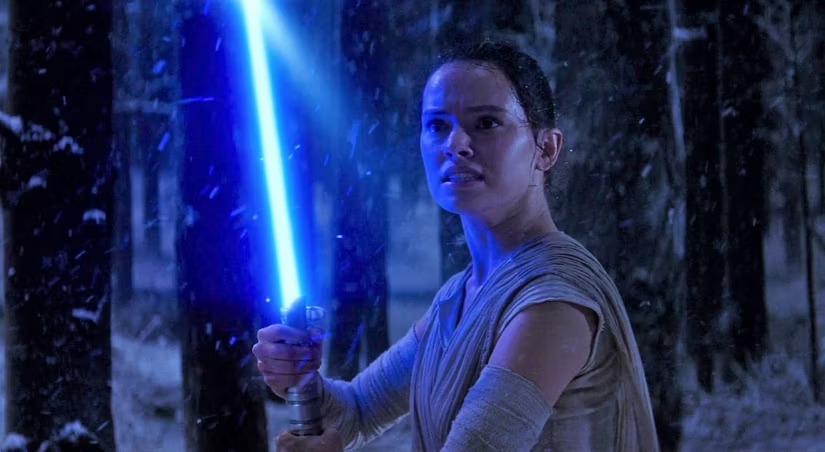
This backlash often escalates into direct harassment, death threats, and a flood of bigotry in comment sections, fueled by content creators—often referred to as grifters—who profit from inciting outrage. Some executives have admitted that focus groups are used to gauge marketing materials for major franchises, allowing studios to make changes based on early feedback to sidestep potential backlash. Unfortunately, this tactic only exacerbates the problem rather than resolving it.
By giving in to toxic fan demands, studios inadvertently validate their behavior, suggesting that if their voices are loud enough, they should be heeded. This dynamic raises the question: why would these fans ever remain quiet? When studios modify their films to placate vocal dissenters, it sends a message that intimidation can lead to desired outcomes. Instead of addressing substantive issues, studios risk removing important elements, such as queer representations, from their narratives.
This trend fails to tackle the core of the problem. Toxic fans have existed for decades; one executive noted that the situation is not drastically different from the mid-1990s. That era saw intense backlash against The Phantom Menace, which led to harassment of child actor Jake Lloyd, driving him out of the industry. The key difference today is the amplification of these voices through social media and the support of content creators.
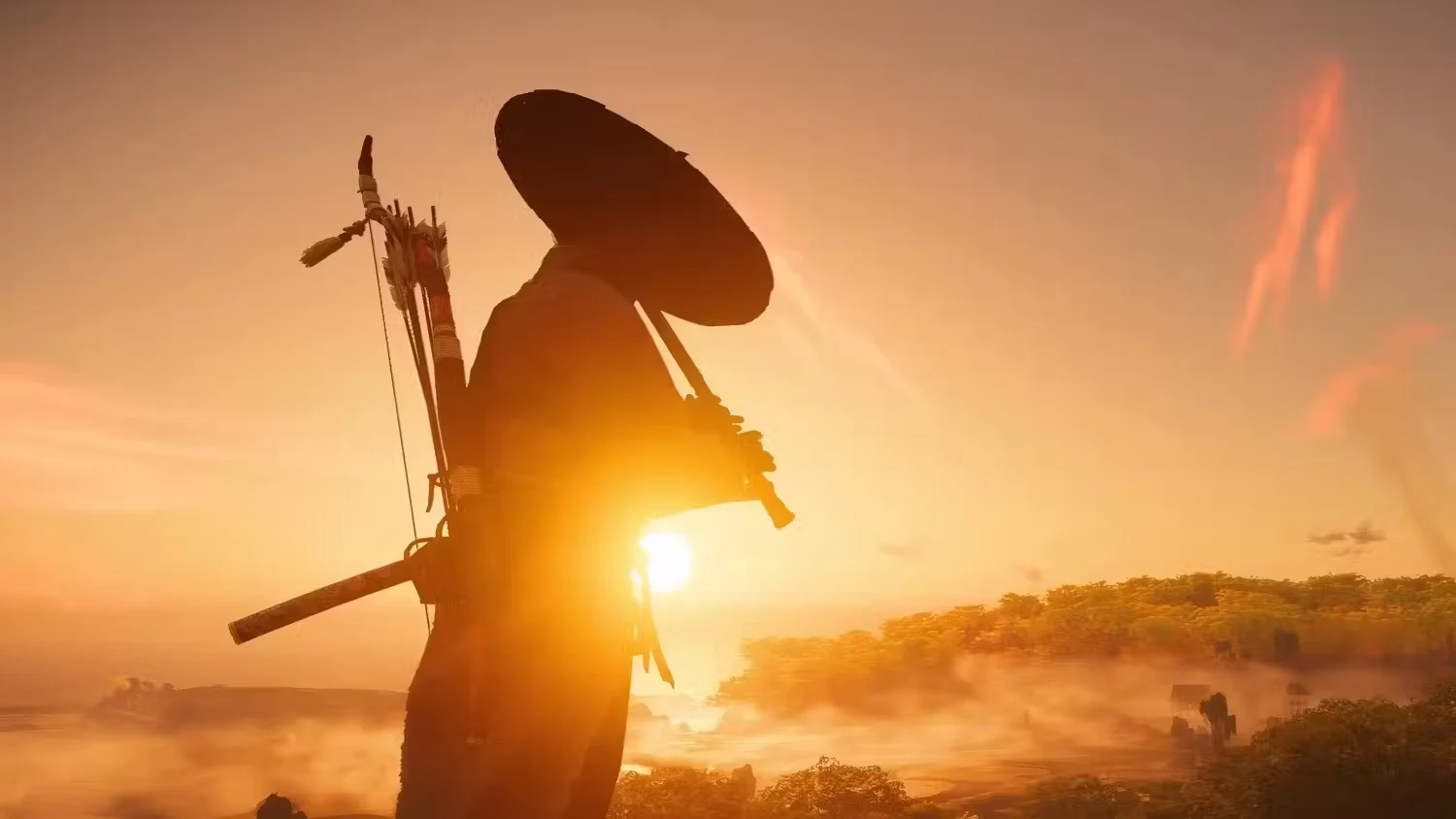
Previously, those perpetuating toxic culture were marginalized and seen as embarrassing figures who treated franchises as extensions of their identities. However, platforms like YouTube and Twitch have provided them with a megaphone, enabling them to cultivate communities that embrace bigotry and hate. The cycle of outrage has become lucrative, as many content creators learned that sensationalism generates views and profits.
In a bid to regain relevance, numerous content creators and allegedly “canceled” celebrities have adopted anti-woke stances, engaging in a culture war that promises financial gain. Whether they genuinely believe their rhetoric or not, they tap into a market of disillusioned fans who feel their beloved franchises are being “taken from them.” Meanwhile, the individuals inciting this harassment are rarely held accountable.
For instance, content creator StarWarsTheory recently produced a video deriding Daisy Ridley, the actress who portrayed Rey, for her comments against toxic fans. Such actions shine a light on an actress who experienced severe anxiety during filming, to the point of developing health issues. The disregard for the emotional toll on targeted individuals demonstrates a troubling trend with no accountability for the instigators.
Much of today’s toxic sentiment can be traced back to Star Wars. Fans rejected The Last Jedi, a film that sought to challenge their expectations. Instead of engaging with its narrative, many perceived Rian Johnson’s interpretation of Luke Skywalker as a personal affront.
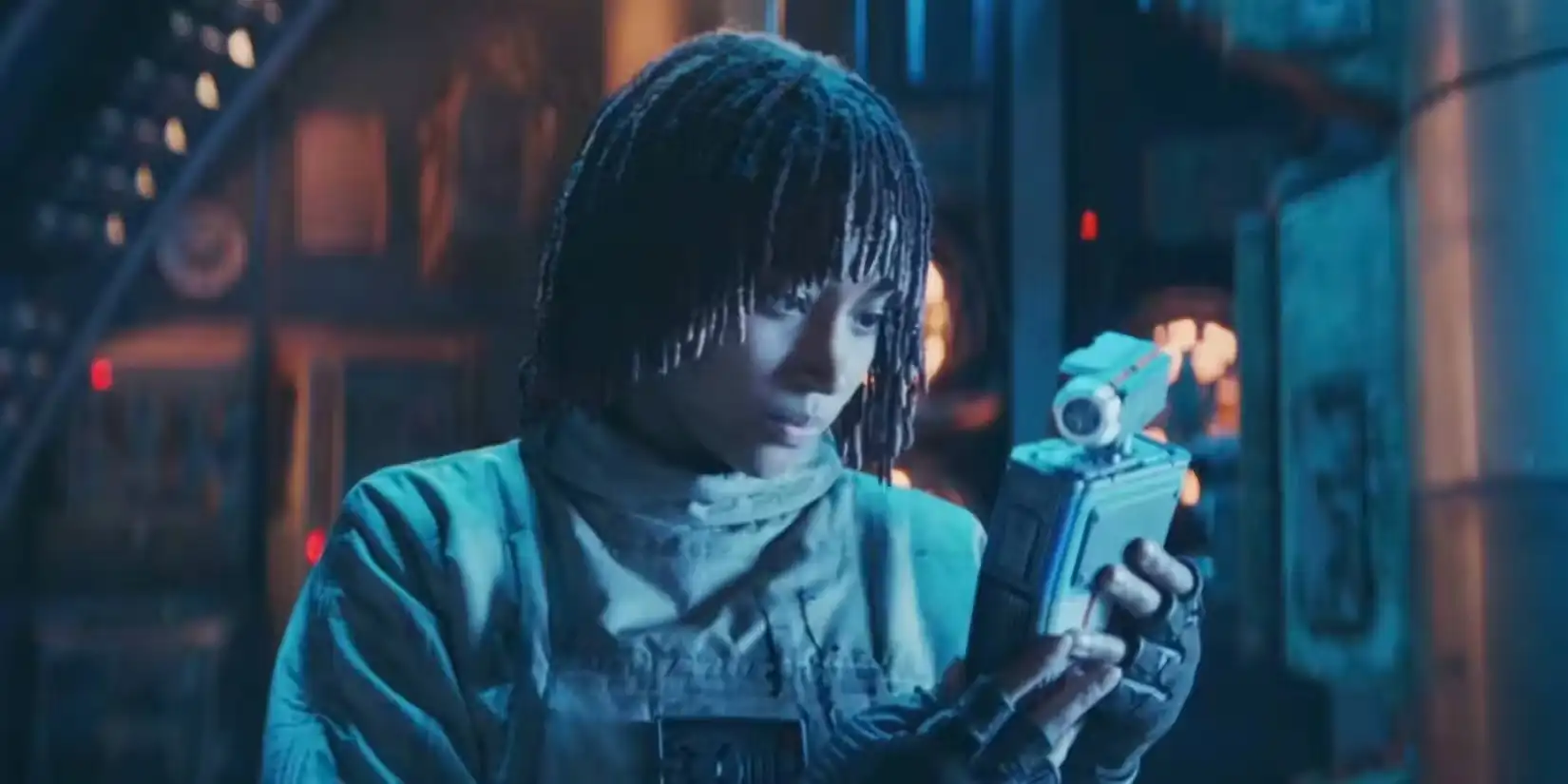
Encouraged by content creators, fans orchestrated hate campaigns against key figures such as Kathleen Kennedy, Rian Johnson, and Kelly Marie Tran, extending their vitriol to Disney itself. The situation worsened when Disney undermined the progressive elements introduced in The Last Jedi with The Rise of Skywalker, a formulaic film that failed to satisfy any audience. This capitulation only intensified the anger of toxic fans.
Catering to these voices leads to the marginalization of diverse narratives, as studios prioritize appeasing toxic fanbases over fostering inclusivity. The triggers for backlash are consistent: a Black character in Assassin’s Creed Shadows, a female lead in Ghost of Yotei (played by a genderfluid actor), a same-sex kiss in House of the Dragon, and a Black non-binary protagonist in Star Wars: The Acolyte. The term “woke” is often used derogatorily to describe stories centered on marginalized individuals, suggesting that the only way to avoid backlash is to halt such storytelling altogether.
Evidence of this retreat can be seen in Pixar’s alleged decision to blame the financial underperformance of Lightyear on the inclusion of a queer kiss, and reported notes during the production of Inside Out 2 urging the team to make Riley “less gay.” This mentality fosters an environment where LGBTQ+ fans feel unwelcome, reinforcing the false narrative that they are intruders in a traditionally male-dominated space.
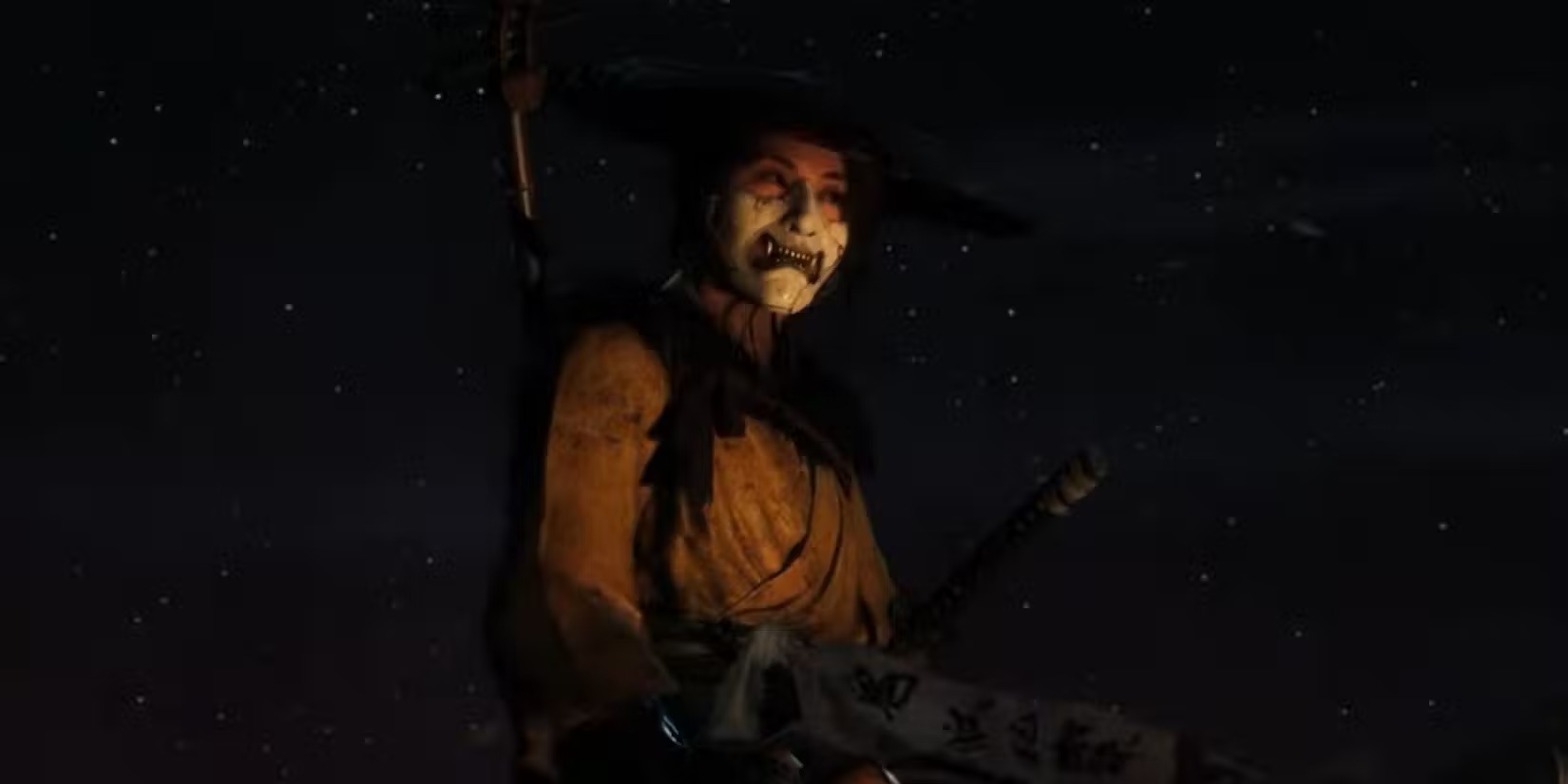
The progress achieved in representation and inclusivity is at risk of being undone if studios continue to shy away from challenging toxic fanbases. The outrage-driven culture is unsustainable, perpetuating hate and elevating the most extreme voices—voices that executives themselves acknowledge represent a mere fraction of the broader community.
For studios, the dilemma remains whether to confront or ignore these bigoted fans, who are continuously encouraged by content creators to express their anger. However, capitulating to them is never the solution. Toxic fans thrive on outrage, and responding to their demands will only lead to further chaos. Focus groups designed to appease these voices are a recipe for disaster, as legitimizing their demands will only embolden them further.
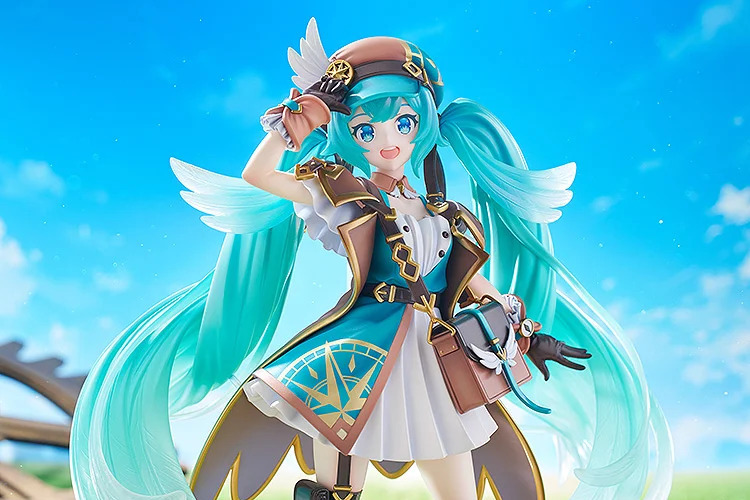
Juxia Figure Review - Hatsune Miku 100th Adventure Ver Preorder Now!
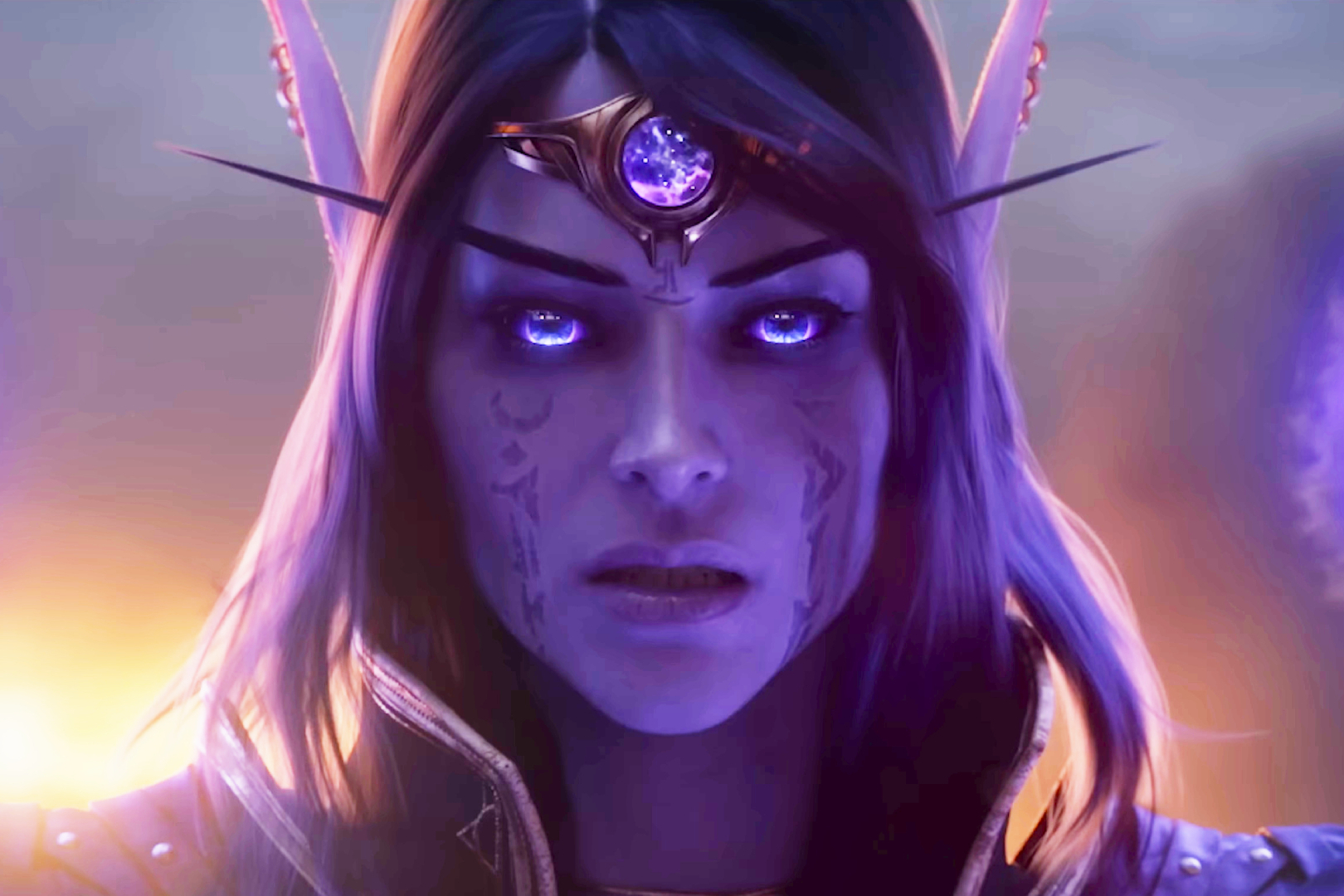
Juxia Game Review – WoW Midnight Deep Dive: Release Date, Player Housing, and Prey System!

Juxia Anime Review - 'The Demon King’s Daughter Is Too Kind!!' Anime Upcoming Adaptation!
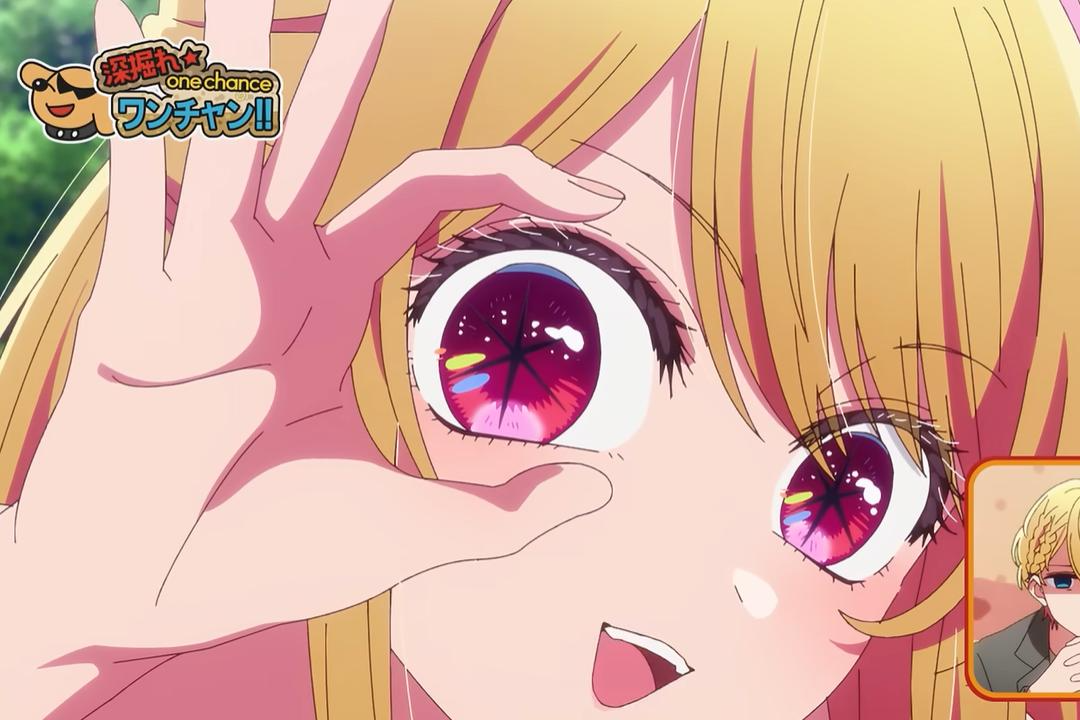
Juxia Anime Review - OSHI NO KO Season 3 Release Date, Trailer, and Story Predictions!
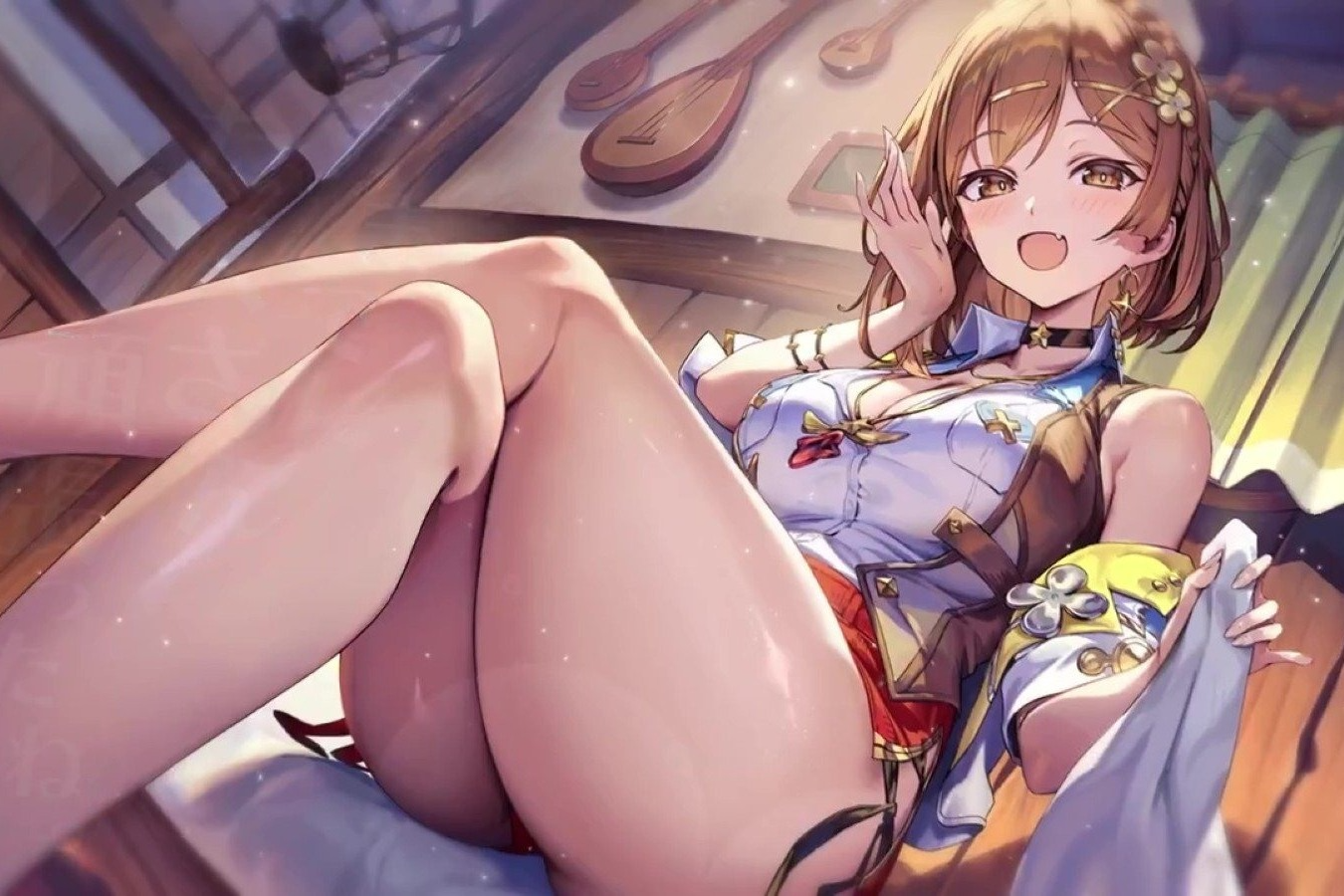
Juxia Game Review - Koei Tecmo’s Atelier Ryza ASMR Hits DLsite!
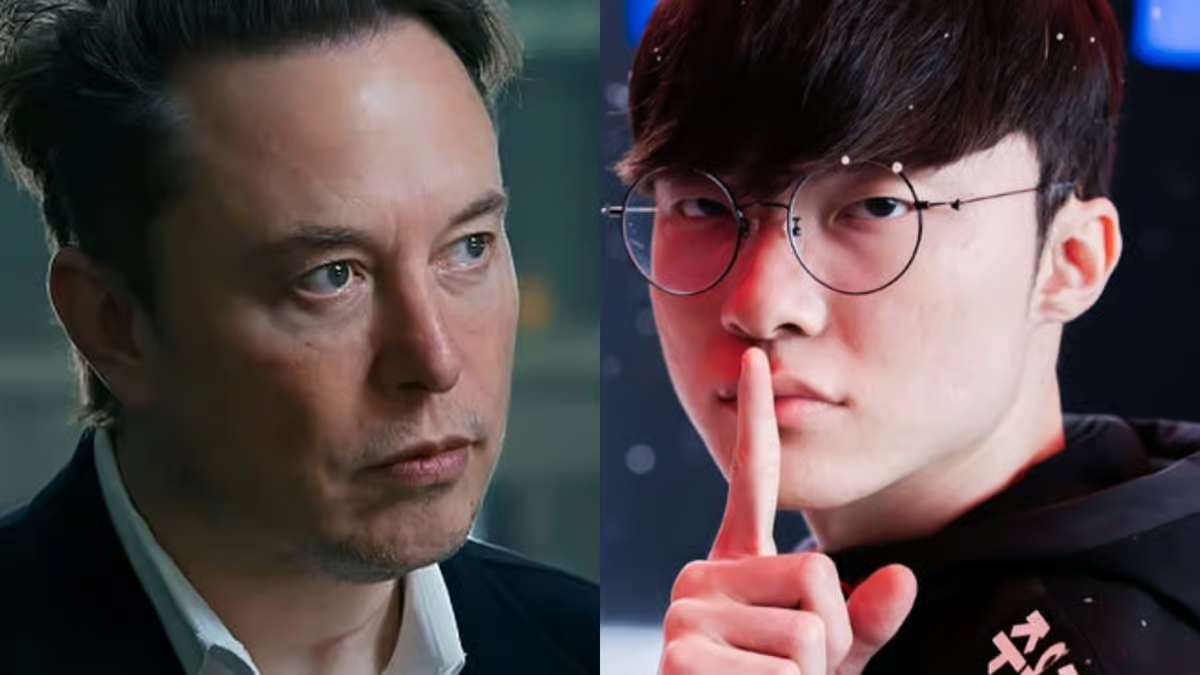
Juxia Game Review - Elon Musk Just Challenged LoL Pros With Grok 5, and the Internet Is Losing It!

Juxia Game Review - The Ultimate Final Fantasy VII Remake Intergrade Switch 2 & Xbox Breakdown
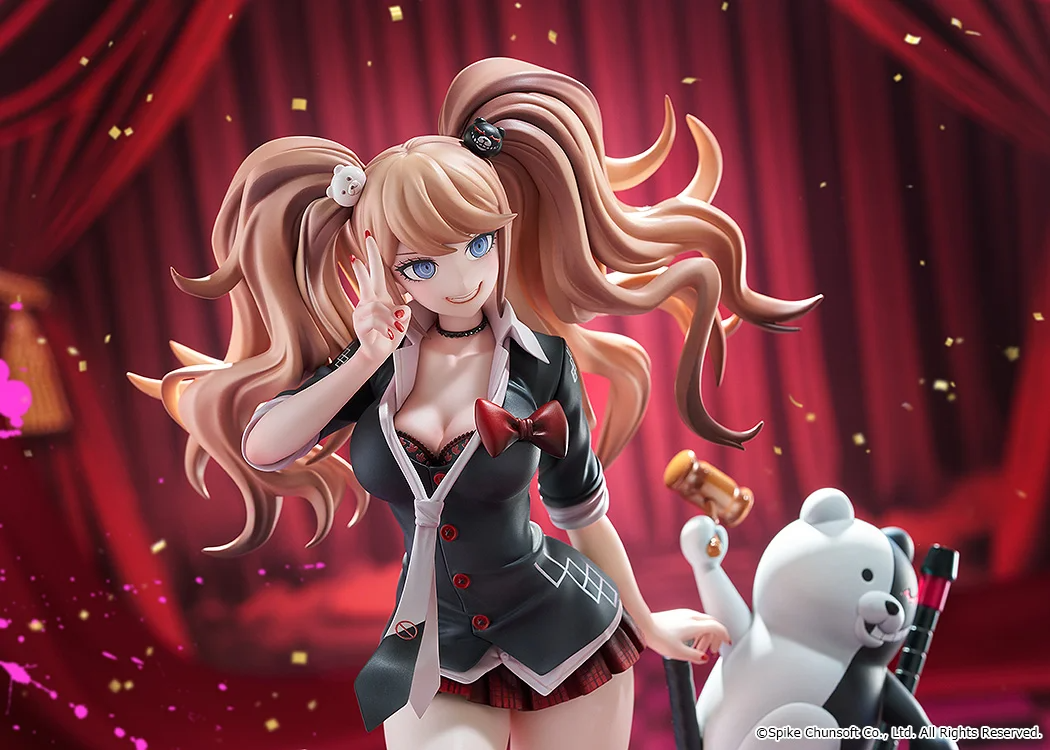
Juxia Figure Review – 15th Anniversary Junko Enoshima Figure Every Fan Needs!

Juxia Movie Review - The Legend of Zelda Live-Action Movie Coming Soon!
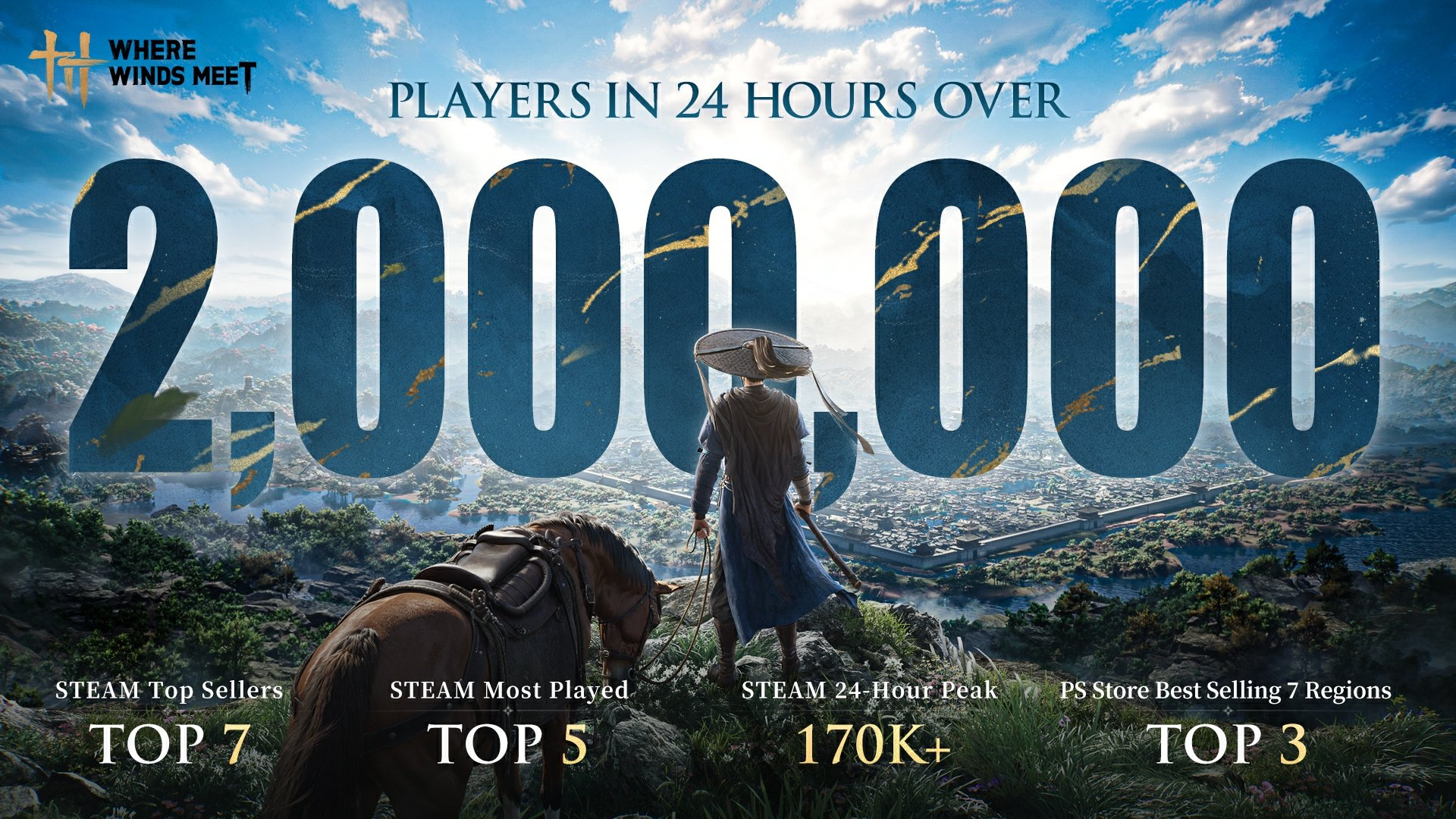
Juxia Game Review - Where Winds Meet Surged Past 2 Million Players on Day One!
Juxia Game Review - Koei Tecmo’s Atelier Ryza ASMR Hits DLsite!
Juxia Anime Review - You Can't Be in a Rom-Com with Your Childhood Friends! Anime Adaptation
Juxia Anime Review - Why You Should Revisit Chained Soldier Explosive First Season
Transform Text and Photos into incredibly creative emojis with 'AI Emoji'
Sword of Justice Global Launches Soon - Everything You Must Know!
Sword of Justice Class Guide (7) - All School Classes Explained & Reviewed!
Sword of Justice Class Guide (6) - Sylph: Healing, Revival, and Grace in Battle!
Sword of Justice Class Guide (5) - Ironclad: Why This Rare Tank Class Is Worth Playing!
Sword of Justice Class Guide (4) - Numina: Master the Art of Poison and Tactical Combat!
LIVE A HERO
Retro Hero Mr Kim
Empire of Passion
Arcane Quest Legends
Magic Snap: Momotaro
AllStar Manga Heroes
Lunescape
ONE PIECE Thousand Storm JP
Tap Titans 2